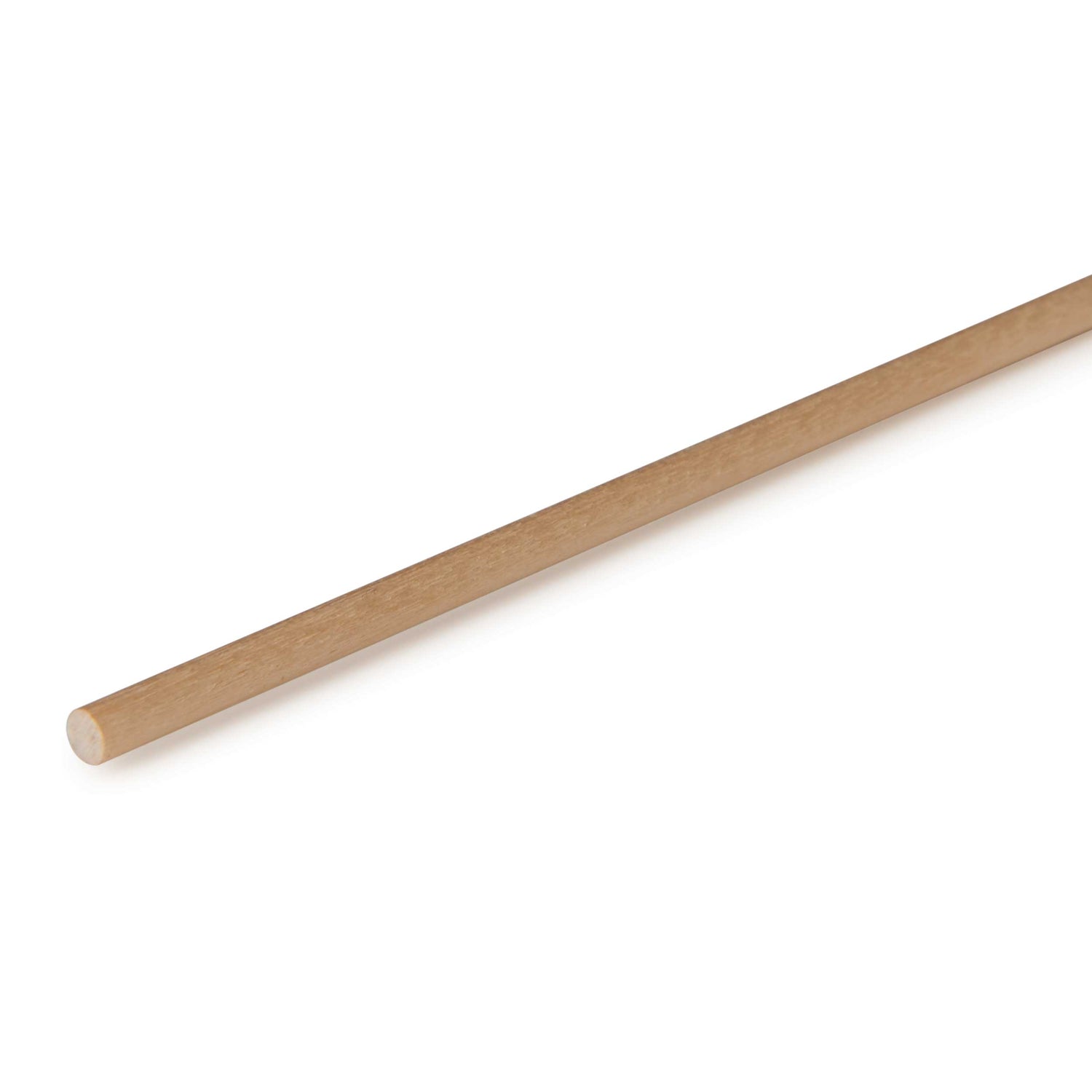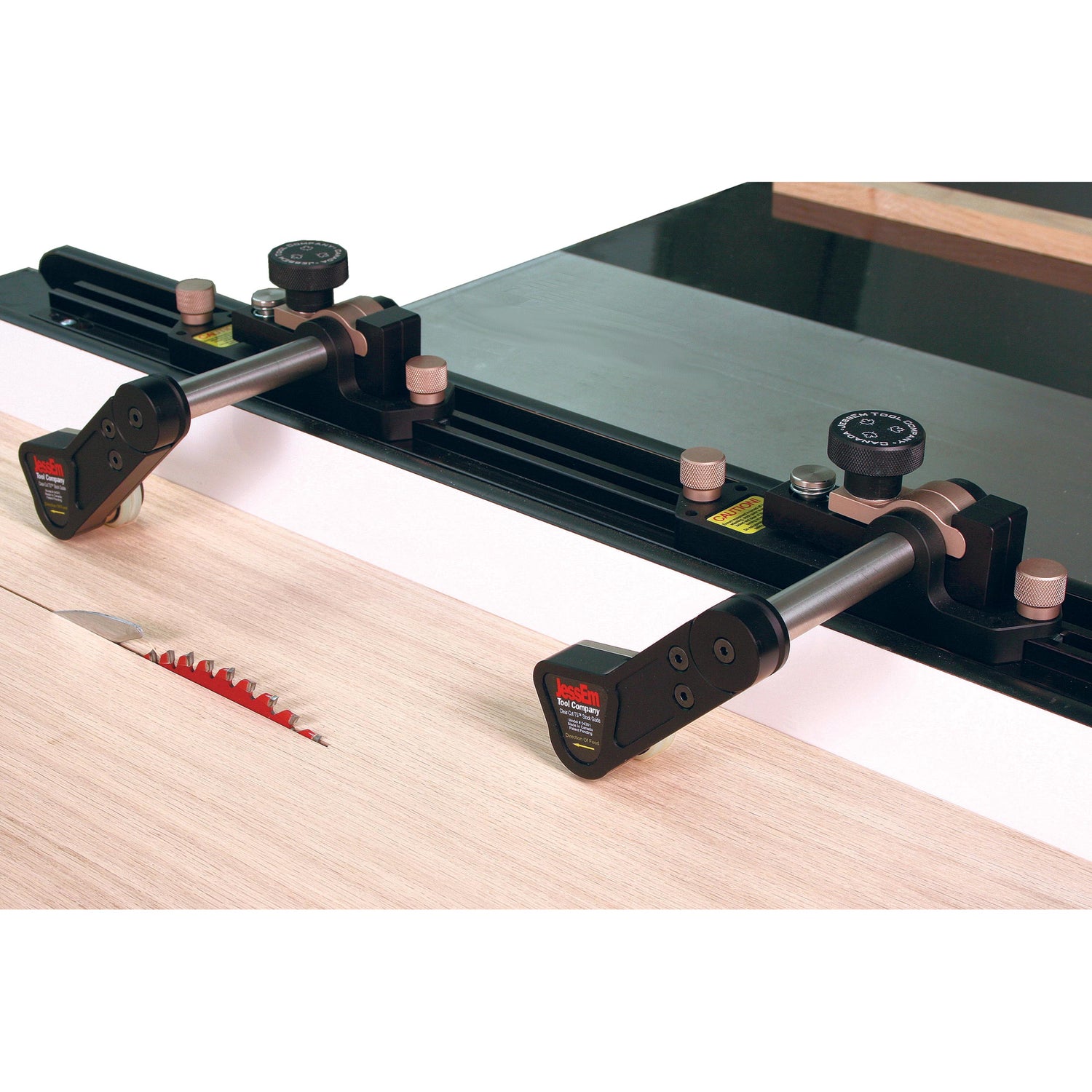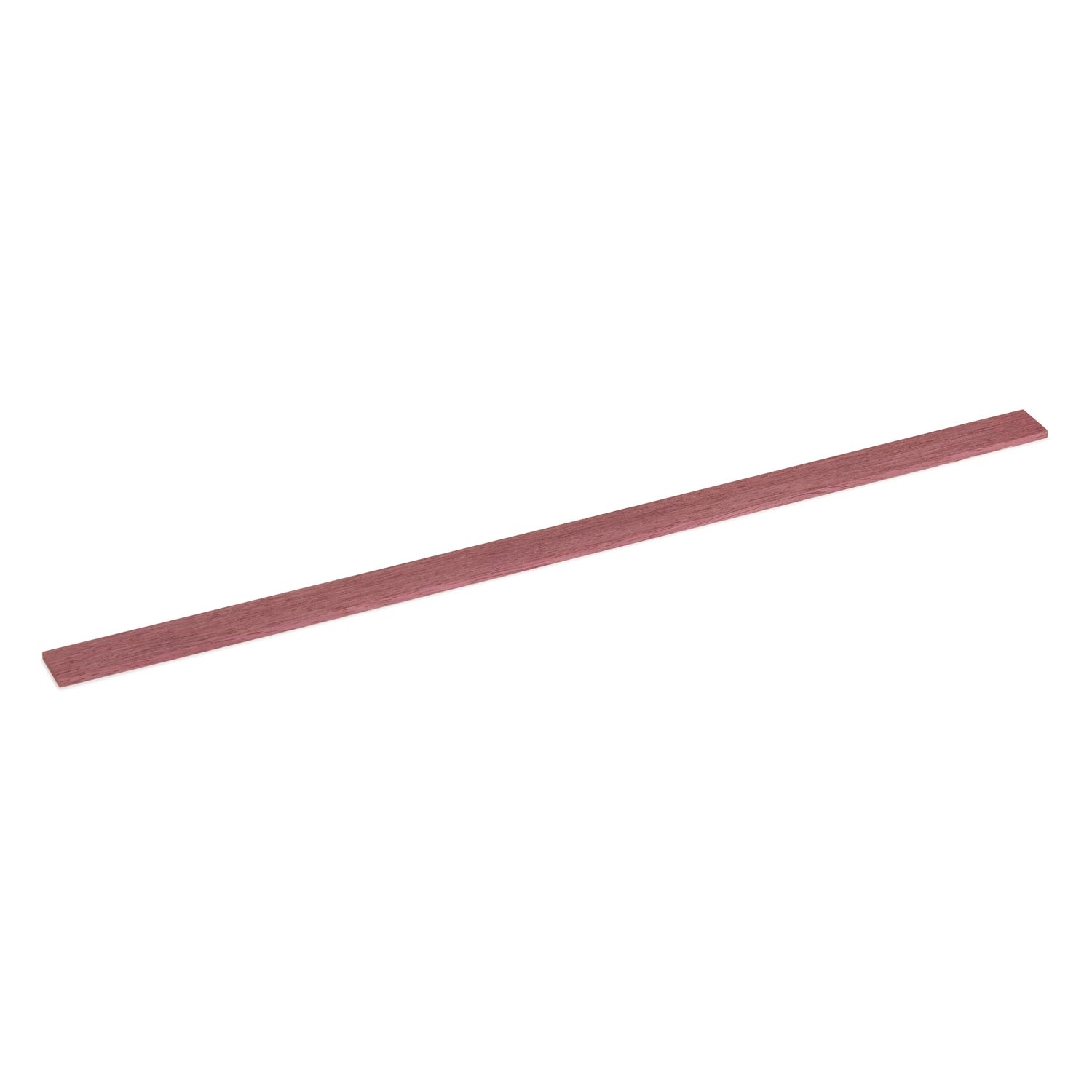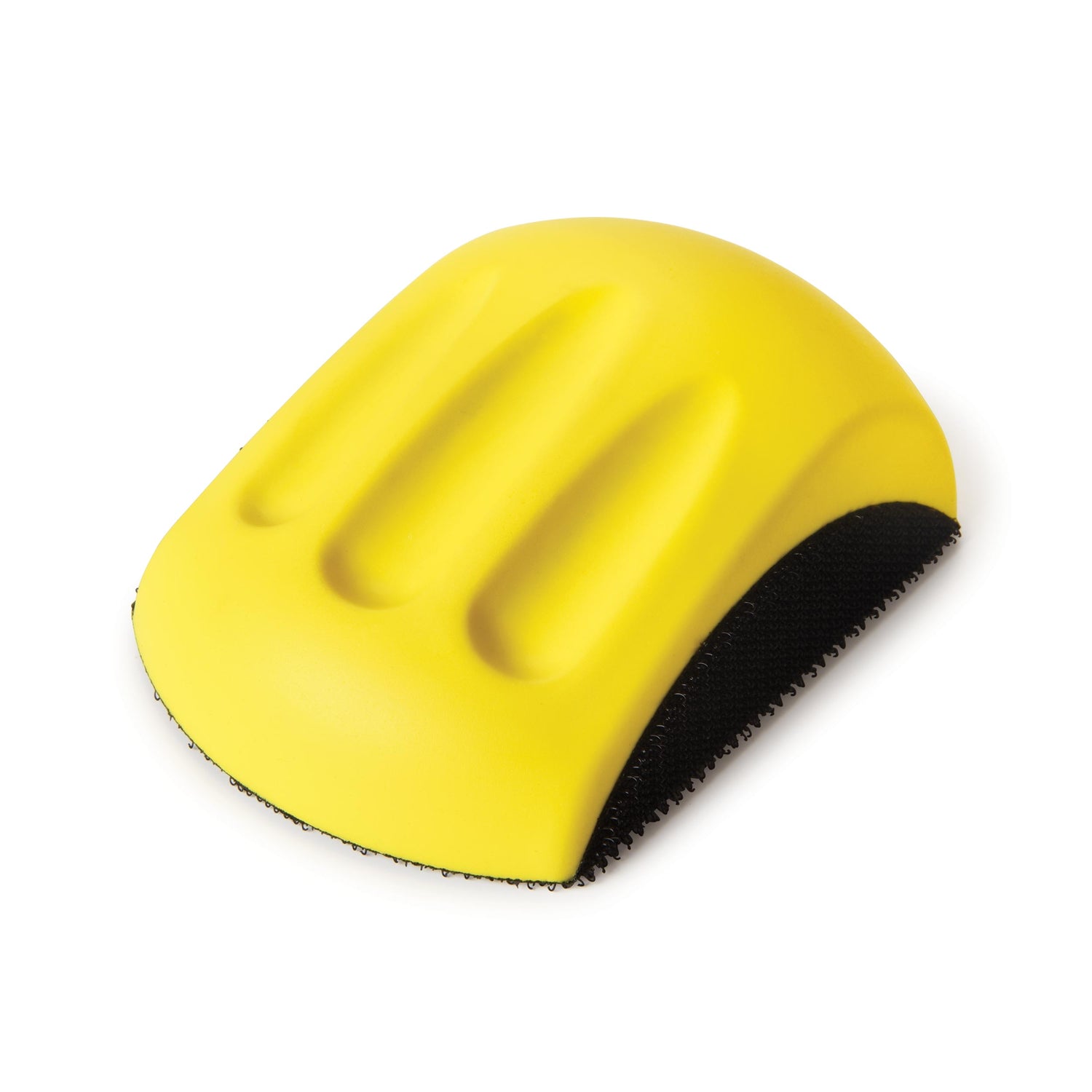 Good growth potential
Good growth potential
Delta Midi-Lathes
The problem with smaller “mini-” and many “midi-” lathes is that they’re too small to do serious turning. Beginning turners start with pens and progress to spindles; they might even attempt small bowls, and then discover that they’re unable to mount a tempting chunk of burl sitting on top of their firewood stack. Delta’s pair of midi-lathes addresses such problems. Like a mini, the Delta lathes feature a small footprint while offering more mass and capacity: 121/2" swing and 161/2" between centers. Better still, you can stretch the bed to 42" between centers with a $140 extension bed.
Delta’s midi-lathes also have larger motors (compared to the 1/2 hp of most minis), enabling them to turn larger bowls and blanks like a true mid-sized lathe. For example, their less expensive model (no. 46-455), includes a capable, 3/4-hp, 5-speed motor for $499. If you can afford an extra $100, treat yourself to the 1 hp/variable speed model (no. 46-460). In addition to the extra power, the 46-460 is the first midi with a reversible motor. This allows for smoother finish-sanding with the flick of a switch.
3/4-hp, 5-speed
#843792 $499.99
1-hp variable speed
#843625 $599.99
Tester: James Nuckolls
 Super-charged shop vacuum
Super-charged shop vacuum
Oneida Dust Deputy Kit
When we first reviewed the Dust Deputy, we found that the mini-cyclone captured incoming dust and saved our shop vacuum from suction-stealing clogs. However, finding the necessary hoses and fittings, and building a cart for the cyclone/vac combo was not entirely intuitive. Oneida’s Dust Deputy Kit is now not only more user-friendly, but is also lower in price, making this dust buster more attractive than ever.
The cyclone is sold separately or as part of a ready-to-attach kit (if your repair projects require two or more dashes to the hardware store, buy the kit). To install, simply drill a pair of holes through your vac’s canister, bolt on the bucket (a second bucket fits within the bolt-on for easier emptying), and then use the short hose to attach the cyclone to the vac.
Seeing is believing. During my three-day stint at the Association of Woodworking & Furnishings Suppliers Fair, I watched the demonstrators attack a pile of MDF dust dozens of times. At the end of the show, the filter was a light tan—most of the dust went to, and stayed in, the bolt-on bucket. In regular shop use, this means that you could use your vac for months before getting into a dust fight with your filter.
#149951 $99.99
Tester: Peter Collins
 Tormek goes grinder-friendly
Tormek goes grinder-friendly
Tormek Bench Grinder Mount
While it does not deliver the “no-burn” promise of a water-cooled sharpening system, Tormek’s grinder mount enables you to use the company’s winning line of grinding jigs on any dry wheel grinder. Turners find this mount especially useful for a faster grinding speed. If you already own or want to step up to a wet wheel, note that you can do coarse grinding on the dry wheel and then switch over to the Tormek to finish the edge.
#150157 $56.99 Tester: Kent Harpool
 Dovetails done right
Dovetails done right
Cosman Dovetail Saw
What makes this saw special is not only that it’s made by Rob Cosman, a guy who cuts thousands of dovetails every year, but also that it was designed after years of teaching—and listening to—woodworkers who have taken Rob’s dovetailing seminars. Not surprisingly, the end result is a sweet saw with one of the fastest learning curves.
Starting from the tip, Rob’s saw features progressive-pitch teeth, 22 tpi to start, followed by an aggressive 15 tpi to finish the cut in the fewest number of strokes. Rob has added more brass to the back, so that your arm plays the role of the piston, leaving the saw to do the work. While the composite handle offers comfort, it also adds weight to balance out the brass back. Last but not least, Rob tests each saw (a few have not made the final cut) before putting it in a nice hardwood case.
My only major hang-up is the price; $250 is a lot to pay for a saw. However, this saw eliminates one of the hurdles encountered with trying to master a new skill. Used in conjunction with Rob’s DVDs, you’ll be able to match your stance and saw stroke— just like taking a class with the expert himself. The only downside is that you’ll no longer be able to blame your tools.
#843975 $249.99
Tester: Ben Bice
 Is it dry yet?
Is it dry yet?
Sonin Digital Moisture Meter
What’s the difference between a flat tabletop and a potato chip? About 5-10 points.
Don’t get it? If you don’t own a moisture meter, one day the joke will be on you.
A moisture meter provides quick and reliable indication of a bad board before it’s slipped into a project.
The problem with most moisture gauges is the sticker price. At $120-250, many of us are willing to gamble with a little wood movement. But at $50, there’s no longer a need to risk it. Compared to other inexpensive meters, Sonin’s digital readout is easier to read than an LED scale readout. I found the hold button handy to use when sticking boards at the back of the pile. The gauge reads from 5 to 40%, with accuracy to 1%, but without a species adjustment calculator, give it a greater leeway. I use it to check the relative moisture of the lumber stack and to steer clear of any wet boards.
In case your shop time is split between wanna-dos and honey-dos, the meter earns its keep by ensuring that floorboards won’t shrink after they’re nailed to the floor. The high range can help gauge the age of water spots on concrete, drywall, and roof sheathing.
#150096 $49.99
Tester: Kent Harpool
Smoother coves and curves
Lynx Convex and Concave Scraper Sets
Chock this one in the “Why didn’t they think of this sooner?” department. After years of suggesting ways to custom-grind old putty knives, even using router bits, to scrape off router burns and/or chatter marks, somebody has finally come up with a skeleton-key scraper set. The two-piece convex and concave sets provide nicely ground coves and rounds in 1/8" radius increments from 1/4" to 1 1/2". Unlike sanding, scraping is faster—scrapers remove shavings, not dust. In addition to speed, scrapers are less likely to round over crisp profiles.
Fresh out of the package, the scrapers have smooth square edges with just a hint of a burr on one face, perfect for shaving off minor burns or drips of dried finish. If you’re used to working with scrapers, you can burnish a hook on the curved edges; if not, you can refresh the edge for fine-scraping simply by rubbing the steel flat against fine sandpaper.
Convex Scraper Set
#150105 $10.99
Concave Scraper Set
#150104 $10.99
Tester: Joe Hurst-Wajszczuk




